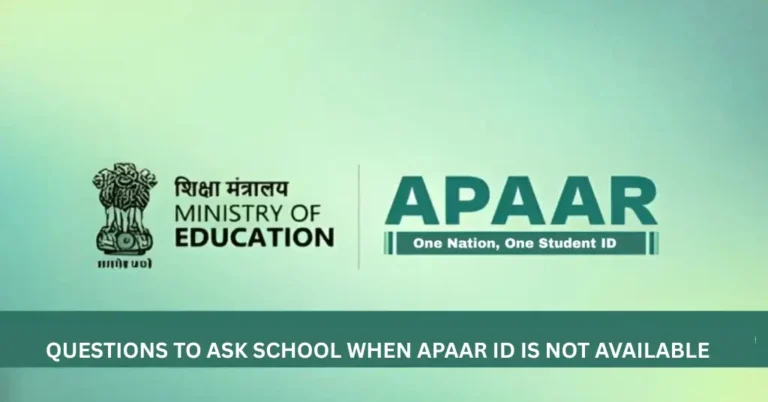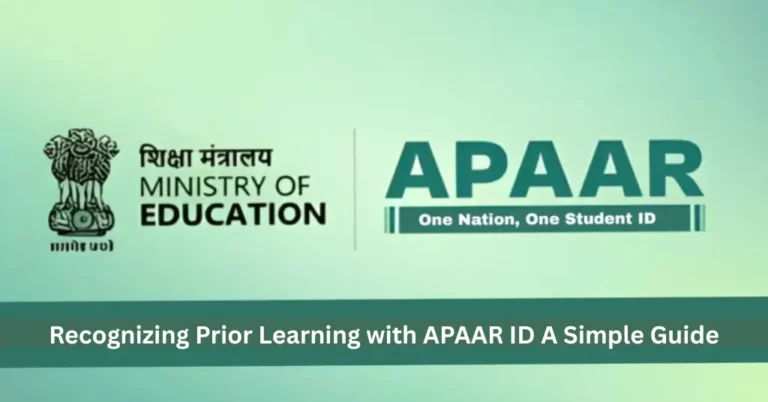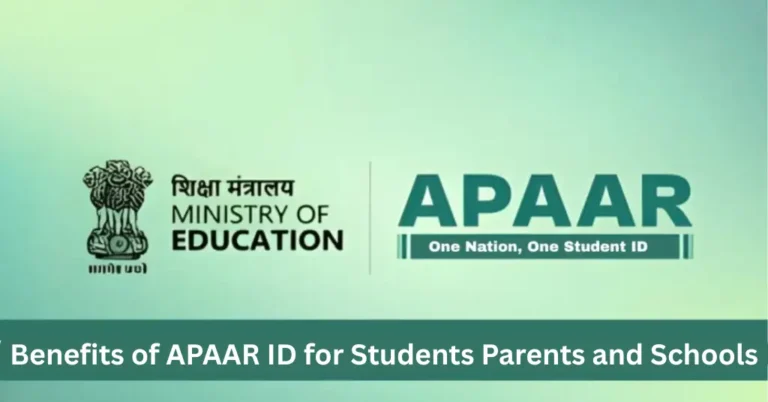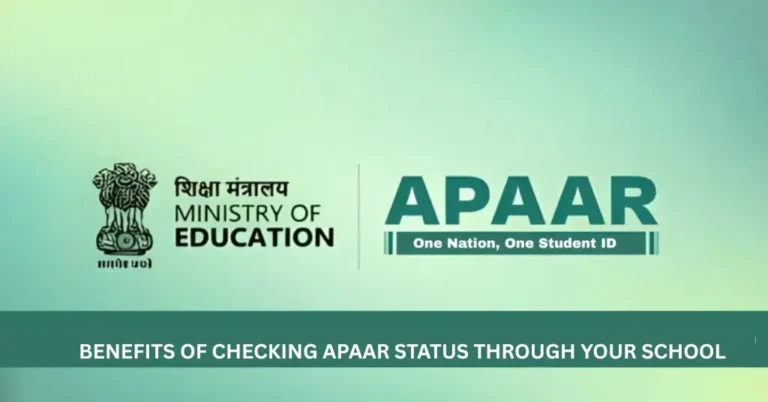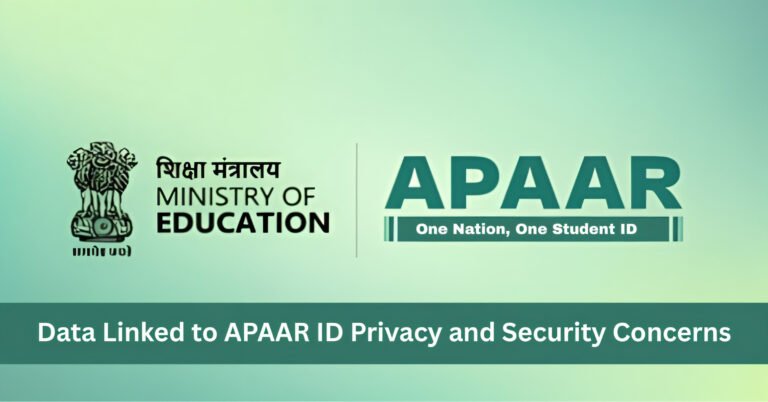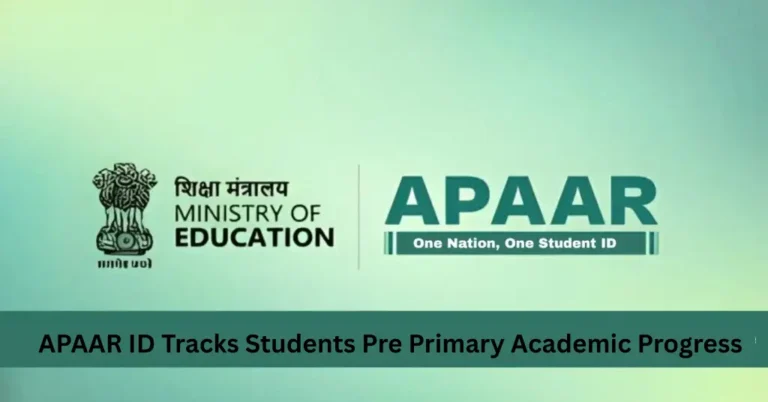Is APAAR ID Mandatory for 2025 Board Exams? Complete Guide
If you’re a student or parent gearing up for the 2025 board exams, you might be wondering: Do I need an APAAR ID? Let’s break it down.

For CBSE Students
No, the APAAR ID is not mandatory for the 2025 board exams. The Central Board of Secondary Education (CBSE) has announced that the requirement to link the APAAR ID with board exam registration will begin with the 2026 exams. This decision was confirmed during the CBSE Governing Body meeting in June 2025.
For Madhya Pradesh Board Students
No, the APAAR ID is not mandatory for the 2025–26 academic session. The Madhya Pradesh Board of Secondary Education (MPBSE) has relaxed the requirement for the current academic year. Instead, correction camps will be organized at cluster and block levels, allowing data updates without tight deadlines.
For Other State Boards
It varies. Some state boards may have different requirements regarding the APAAR ID. It’s advisable to check with your respective board or school for specific guidelines.
What Is APAAR ID?
The Automated Permanent Academic Account Registry (APAAR) is a 12-digit unique identifier introduced under the National Education Policy (NEP) 2020. It’s designed to provide a lifelong digital academic identity to students, consolidating their academic records in one secure platform. The ID integrates with DigiLocker and the Academic Bank of Credits (ABC), enabling seamless access to academic records and facilitating student mobility across institutions.
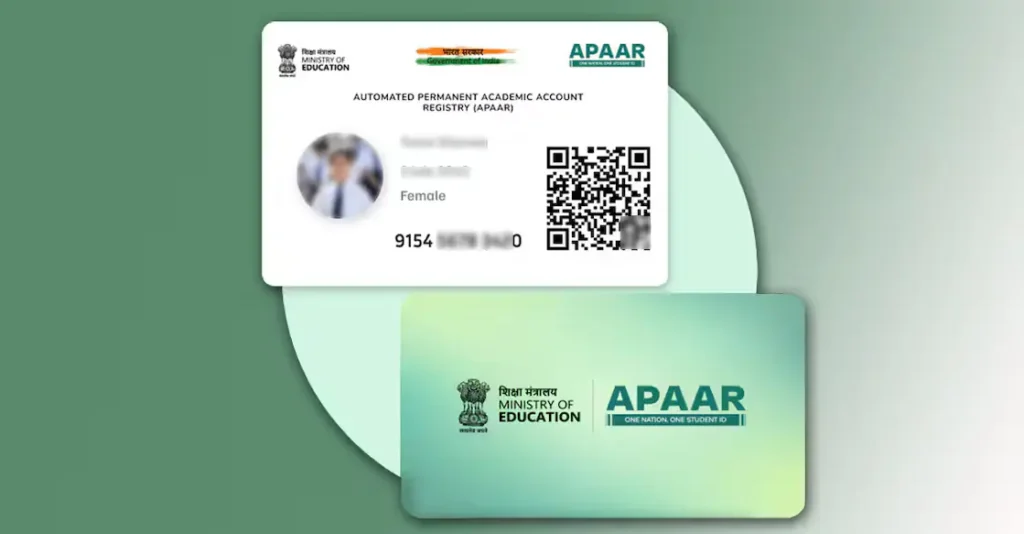
How to Obtain Your APAAR ID
If you’re preparing for the 2026 exams and need to obtain an APAAR ID, here’s how:
Gather Required Documents: Ensure you have your Aadhaar card, birth certificate, and previous academic records.
Visit Your School: Schools are responsible for generating APAAR IDs for students. They will assist you in the registration process.
Verify Your Details: Ensure all personal details, such as name, date of birth, and guardian’s name, are accurate and match your documents.
Complete the Registration: Your school will submit your details to the UDISE+ portal to generate your APAAR ID.
Tips for a Smooth Process
Double-Check Your Documents: Ensure all details are correct to avoid discrepancies during the registration process.
Stay Informed: Keep an eye out for notifications from your school regarding APAAR ID registration sessions.
Seek Assistance: If you encounter any issues, don’t hesitate to approach your school’s administration for support.
How APAAR ID Benefits Students
The APAAR ID offers several benefits:
Secure Access to Academic Records: Students can access their academic records anytime, anywhere via DigiLocker. This makes tracking your educational progress easier than ever.
Simplified Transfer of Credits: The ID is linked to the Academic Bank of Credits (ABC), helping students seamlessly transfer credits if they move between institutions.
Enhanced Career Opportunities: With a unique digital ID, students can easily share their academic history with potential employers, making job searches more efficient.
Nationwide Recognition: The ID will be recognized across all educational institutions in India, ensuring easy mobility and record tracking.
FAQs
Final Thoughts
While the APAAR ID isn’t mandatory for the 2025 board exams, it’s a good idea to get ahead of the curve and obtain it for the 2026 exams. Not only will it streamline your academic journey, but it will also ensure you’re ready for the upcoming changes in the education system.
